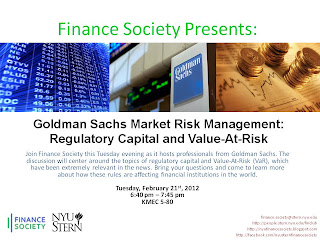Apple for You?

Apple is set to eclipse Microsoft and Cisco after hitting a market capitalization of over 500 billion yesterday. While Microsoft reached this number back in 1999, they have been unable to sustain it and now trades at a market cap of 266 billion. At its current market valuation, Apple is now worth more than the country of Poland or, Microsoft and Google combined! Not surprisingly, the market is going crazy for Apple and stock prices are rising. Unlike Microsoft, I believe Apple will be able to sustain its valuation to reach even greater heights. The electronic juggernaut still has much room for growth through its core businesses - Macs, iPhone and the iPad. Their product lines have been doing extremely well even in the face of aggressive competition, and has been gaining market share rapidly. Not to forget, Apple is intending to launching Apple TV late this year and with it comes even more opportunities. Steve Jobs may no longer be at the helm but the demand for Apple products still r...






